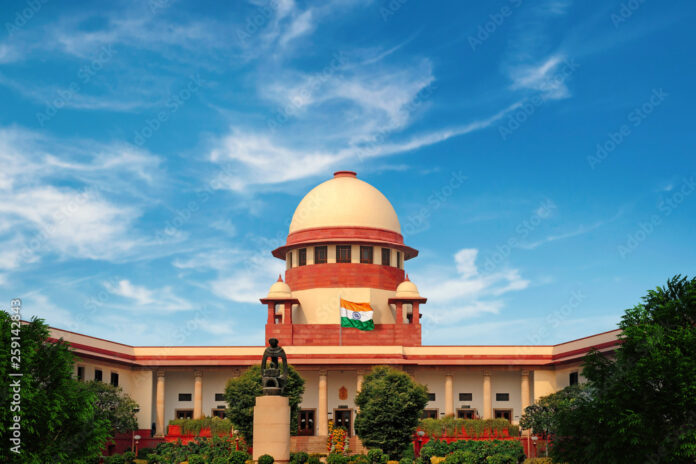In a recent ruling (May 15) the Supreme Court declined a plea from a 20-year-old unmarried woman seeking to terminate her pregnancy of over 27 weeks. Here’s a breakdown of the court’s decision:
Fundamental Right to Life
The bench, led by Justice B R Gavai, emphasized the foetus’s fundamental right to live, stating that any order contrary to this right cannot be passed. This underscores the court’s recognition of the legal and moral implications surrounding the sanctity of life, even in the context of a late-term abortion plea.
The court highlighted the constraints posed by existing statutes, indicating that the Medical Termination of Pregnancy (MTP) Act primarily addresses the rights of the mother. Despite the petitioner’s plea, the court’s decision highlights the necessity of obeying to legal frameworks in matters concerning abortion, stressing the importance of upholding statutory provisions.
Consideration of Foetus’s Right
Questioning the petitioner’s counsel, the bench raised concerns about the right of the foetus to survive, particularly considering the advanced stage of pregnancy. This aspect of the court’s deliberation reflects its careful consideration of the interests and rights of all parties involved including the unborn child.
Petitioner’s Condition
The petitioner’s counsel stressed her traumatic condition and argued for considering her mental and physical well-being in the decision-making process. This highlights the complex ethical and medical dimensions involved in late-term abortion cases, where the petitioner’s emotional and physical health must be carefully weighed against the foetus’s right to life.
The Delhi High Court’s Decision
The High Court’s May 3 order, which refused the termination of pregnancy, was based on the medical board’s report indicating the absence of foetal abnormalities and no danger to the mother’s life. This aspect of the court’s ruling underscores the significance of medical assessments and expert opinions in determining the permissibility of late-term abortions under legal frameworks.
The MTP Act permits termination beyond 24 weeks only in cases of substantial foetal abnormality or to save the life of the pregnant woman. The court’s adherence to these legal parameters reiterates the importance of adhering to established legal guidelines and principles in matters concerning reproductive rights and abortion.
The Supreme Court upheld the Delhi High Court’s decision, highlighting the absence of foetal abnormalities and the lack of danger to the mother’s life as per the medical board’s report. This final ruling reflects the court’s commitment to upholding legal principles and ensuring the proper application of laws governing abortion in India.
Despite the petitioner’s plea, the Supreme Court’s decision highlights the legal constraints and considerations surrounding late-term abortions, emphasizing the rights and welfare of both the mother and the foetus.
Case: H Vs UNION OF INDIA AND ANR. | Diary No. 22763-2024


